PPP LOAN FORGIVENESS AND THE PROMISSORY NOTE
PPP LOAN FORGIVENESS AND THE PROMISSORY NOTE
The Paycheck Protection Program (PPP) is a $669-billion business loan program designed to help small businesses, self-employed workers, sole proprietors, certain nonprofit organizations, and tribal businesses keep paying their workers.
At first, the PPP loan program was very popular. Applicants depleted the initial $349 billion appropriation by Congress on April 16, 2020. However, there has not been as much interest in the second round of the PPP loan program. There is speculation this is due to certification and forgiveness requirements. Additionally, there is also the potential for criminal penalties for improper certifications. Therefore, this article discusses the certification and forgiveness requirements, the potential penalties, and the terms of the Promissory Note.
The Certifications
The PPP requires the business owner to complete various pre-loan and pre-forgiveness certifications in order to qualify for the Loan. First, the business must certify that economic uncertainty makes the loan necessary. Second, the business must certify it will use the PPP funds to retain workers and maintain payroll, and make mortgage interest payments, lease payments, and utility payments. Third, before forgiveness, the business must certify it used the funds for the intended purposes. The business will likely need to support this with accounting records. In fact, JPMorgan Chase & Co is investigating employees who were involved in the misuse of federal funds meant to help small businesses impacted by COVID-19 shutdowns.
The Forgiveness Requirements
The SBA released an application form for PPP Loan forgiveness along with instructions. The form and instructions offer borrowers details on how to apply for forgiveness of their loans.
Presently, the SBA Loan Forgiveness Application and Instructions are the most thorough guidance issued regarding this process. Therefore, we will discuss the most common issues a PPP Loan recipient might encounter.
The borrower must use the Loan proceeds during the eight-week (56-day) Covered Period if the borrower wants loan forgiveness. Generally, the Covered Period begins the same as the PPP Loan Disbursement Date. For example, if the borrower received the PPP loan proceeds on Monday, April 20, the first day of the Covered Period is April 20 and the last day of the Covered Period is Sunday, June 14.
Second, in order for the entire loan amount to be forgiven, 75% of the proceeds must be used for payroll costs. It is important to note that the payroll costs that can be forgiven are the “payroll costs [used] to retain employees.”
The borrower can use the remaining loan proceeds to pay: (1) business mortgage interest payments for any business mortgage obligation on real or personal property; (2) business rent or lease payments for real or personal property; or (3) business utility payments. Forgiveness becomes complicated if the borrower uses PPP Loan proceeds in any other way.
Criminal Penalties
If a business owner misuses PPP loan funds they are subject to criminal charges for fraud, amoungst other penalties. Specifically, potential criminal penalties for false statements or fraud in connection with a PPP loan could include: (i) imprisonment of not more than 5 years and/or a fine of up to $250,000 (18 USC §§ 1001 & 3571); (ii) imprisonment of not more than 2 years and/or a fine of not more than $5,000 (15 USC § 645(a)); and (iii) imprisonment of not more than 30 years and/or a fine of not $1 million (18 USC § 1014). Beyond the penalties expressly referenced in the PPP loan application, criminal penalties under other federal fraud statutes or SBA-specific criminal statutes may apply.
Civil Penalties
In addition to criminal penalties, the government can pursue civil fraud remedies under the civil False Claims Act (31 U.S.C. 3729-3733) or the Program Fraud Civil Remedies Act (31 U.S.C. 3801-3812).
Repayment Terms
The Note matures in 24 months from the issue date. The borrower pays principal and interest payments every month beginning seven months from the issue date. A final payment of the unpaid principal plus accrued interest will be due at maturity. The Interest rate is 1.00% through the maturity of the note. This rate could change pursuant to the terms of the CARES Act.
If the borrower does not qualify for full or partial forgiveness from the SBA. the borrower is responsible to pay back the principal balance in full along with all accrued interest under the terms of the note.

